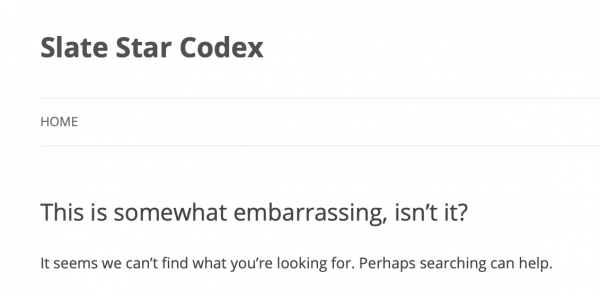Conservatives need to stop treating virtue signaling as if it didn’t matter.
The “Cultural Identity” Scam

This morning the Economist ran one of its daily podcasts, a topic of which was Trump voters in mining country. These voters, said Political Editor James Astill, are continuing to support the president even though their jobs have not returned as he promised they would. Astill’s takeaway insight from this phenomenon was that “cultural identity” is more important in American politics than economic identity or class.
That phrase has become the reflexive explanation among the commentariat for why the miners and the Rust Belt think and vote the way they do. And, hearing it, two things suddenly hit me. First, Astill’s remark slammed home what a condescending trope “cultural identity” is as an account of blue-collar American politics. Second, it hit me that I’d never realized this before—even though the phrase has long been a staple of my daily news diet.
The “cultural identity” trope is so condescending because it brushes aside the possibility that people in Kentucky might actually have beliefs and ideas which they value above all else. Among the possible explanations for a rural voter’s conservatism which occurred to Mr. Astill—cultural identity, economic identity, class—“intellectual principle” was nowhere to be found. And yet such voters do not oppose illegal immigration, support the right to bear arms, or care about religious freedom because they believe that dumping those views would somehow exclude them from being white, or Christian, or from Kentucky. They do not vote for President Trump because they think it will confer upon them some cultural status. They do it because they agree with him.
Imagine that: the voters in mining country stand by President Trump because he stands for political principles which they think pass logical muster, and which they therefore would like to see represented by their elected officials. They believe that those ideas are even more important than their mining jobs and than their “cultural identity.” Yet because many of them probably do not have advanced degrees or posts at the Economist, their “social superiors” have determined that their “unfathomable” behavior must be attributed to atavistic tribalism.
The grand irony here is that such tribalism is actually a hallmark of the identitarian Left and its warmed-over Marxism. It is Marx and Engels whose materialism teaches that all political action emerges deterministically from the actors’ social milieu, and it is identity politics which turns that philosophy into a worldview of pure groupthink. But, as always, the person doing the explaining is somehow exempted from the explanation: the writers at the New York Times and the Washington Post are clever enough to have ideas. For Trump voters, though, everything must boil down to “cultural identity.”
It is not news that our elites are supercilious about Middle America. What goes too often unremarked upon, however, is that their disdain is not always readily apparent even to those of us who are quite skeptical of our intellectual ruling classes. Skilled media commentators can fold their condescension into phrases like “cultural identity,” which are pronounced glibly and with an air of confidence so that they slip by listeners who might take issue with their implications were they expressly spelled out. This is a mode of avoiding argument: there is an entire ideology, breezily assumed but never made explicit, behind phrases like “cultural identity.” Such phrases are so embedded in the discourse that they threaten to colonize the thought of even intelligent people who might otherwise object very strenuously.
Manipulating the meaning of words is a highly insidious and effective method of pursuing a cultural program without having to defend it. It is a powerful resource of the radical Left, and should be identified wherever possible so it can be defused. Here as elsewhere, sunlight is the best disinfectant.
The American Mind presents a range of perspectives. Views are writers’ own and do not necessarily represent those of The Claremont Institute.
The American Mind is a publication of the Claremont Institute, a non-profit 501(c)(3) organization, dedicated to restoring the principles of the American Founding to their rightful, preeminent authority in our national life. Interested in supporting our work? Gifts to the Claremont Institute are tax-deductible.
What might it actually look like to represent the real interests and values of most voters?
The queering of the American frontier.
The demand to resettle Afghan refugees brings the war home.
A quick and dirty guide to regime propaganda
The New York Times cancels social science in the name of social justice.






